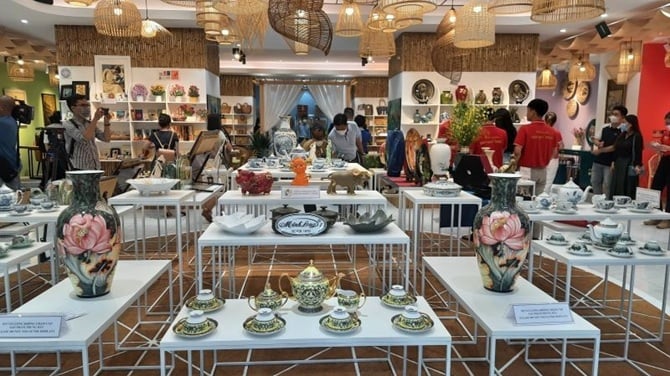
Display and introduce products at the showroom of Ho Chi Minh City Trade and Investment Promotion Center
In recent years, Vietnam has signed and implemented many important bilateral and multilateral free trade agreements such as the Agreement on enhancing economic and trade cooperation with partners in the Americas (CPTPP), the Vietnam - EU Free Trade Agreement (EVFTA), the Vietnam - United Kingdom of Great Britain and Northern Ireland Free Trade Agreement (UKVFTA), the Regional Comprehensive Economic Partnership Agreement (RCEP)...
These agreements open up many great opportunities for businesses to expand export markets, take advantage of tariff incentives, attract investment and enhance the position of Vietnamese goods in general and Ho Chi Minh City in particular in the international arena.
However, according to experts, along with opportunities are significant challenges such as: increasingly strict requirements on rules of origin, quality standards, social responsibility, sustainable development. Along with that is fierce competitive pressure from foreign enterprises right in the domestic market. This requires Ho Chi Minh City enterprises to innovate business strategies, improve management capacity, and proactively integrate to effectively take advantage of incentives from FTAs.
Ms. Ho Thi Quyen, Deputy Director of the Ho Chi Minh City Center for Trade and Investment Promotion, said that Ho Chi Minh City, as the economic, trade and international integration center of the country, always identifies supporting the business community to effectively utilize FTAs as one of the key tasks.
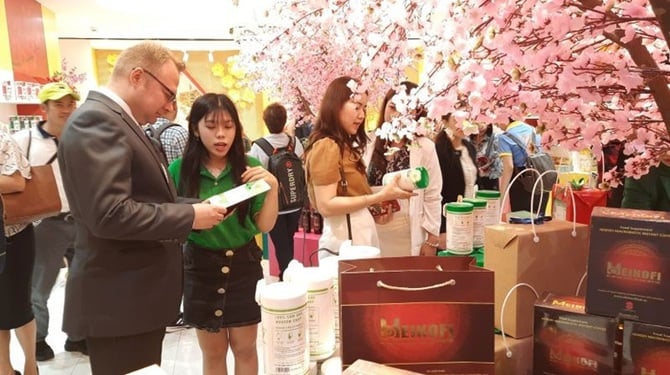
Investors explore investment opportunities in Ho Chi Minh City
The Center for Trade and Investment Promotion, Ho Chi Minh City commits to continue accompanying businesses through seminars, training, trade connection, providing market information... to help businesses confidently integrate, improve competitiveness and develop sustainably.
According to Ms. Bui Hoang Yen, representative of the Southern Trade Promotion Agency Office ( Ministry of Industry and Trade ), Vietnam's integration process is becoming more and more impressive, with participation in FTAs and access to large markets such as CPTPP and EU.
To date, Vietnam has signed 18 FTAs, of which 17 have come into effect, opening up market access to more than 60 countries and territories, accounting for nearly 90% of global GDP.
In 2024 alone, with a large economic openness, Vietnam's total trade turnover will reach 786.29 billion USD, of which exports will grow by double digits at 14.3% over the same period in 2023, bringing a trade surplus of 24.8 billion USD.
This growth was significantly boosted by the foreign direct investment (FDI) sector, which contributed 71.8% of the country's total export turnover, especially in high-tech industries such as computers, electronic products, machinery and telephones.
According to data from the Ministry of Industry and Trade, from 2023 to 2024, export revenue for goods enjoying preferential tariffs under FTAs will achieve an average annual growth rate of 12.7%. Along with that, the signing of strategic FTAs has made Vietnam an attractive destination for production lines from countries around the world.
However, Ms. Bui Hoang Yen said that although the coverage of FTAs is large, the rate of tariff incentive utilization by Vietnamese enterprises is only at an average level of about 30 - 40%.
Key barriers include dependence on large markets such as the US and China; low localisation rates resulting in production requiring a lot of imported raw materials; risks of supply chain disruption when import sources are interrupted; and pressure to comply with increasingly stringent international standards on environment, labour, intellectual property and trade regulations.
To overcome the challenges, experts said that enterprises in Ho Chi Minh City and the whole country need to proactively invest in improving the quality of the environment and working conditions to comply with international standards; developing supporting industries and strengthening intra-bloc linkages are key factors to improve capacity and meet rules of origin.
Close cooperation between small and medium enterprises and the FDI sector is also encouraged to create synergy in the global supply chain. At the same time, financial and credit support policies from the state will be an important lever for enterprises, especially small and medium enterprises, to have enough resources to comply with FTA requirements.
The synchronous implementation of these solutions will create motivation for domestic enterprises to transform, take advantage of the international economic integration process, and turn challenges into development opportunities.
According to Ms. Dinh Thi Huong Giang, Consulting Director, Grant Thornton Vietnam Auditing and Consulting Company, FTAs create great opportunities for Vietnamese enterprises, as well as Ho Chi Minh City, but at the same time also set higher requirements for sustainable development.
International corporations looking for new suppliers will focus on many aspects, including legal and financial transparency, international regulatory compliance, ESG commitments, risk control capabilities and continuous improvement.
According to Nhan Dan Newspaper
Source: https://doanhnghiepvn.vn/kinh-te/tan-dung-co-hoi-fta-de-mo-rong-thi-truong-xuat-khau/20251012043121072





![[Photo] General Secretary To Lam attends the opening of the 1st Government Party Congress](https://vphoto.vietnam.vn/thumb/1200x675/vietnam/resource/IMAGE/2025/10/13/1760321055249_ndo_br_cover-9284-jpg.webp)




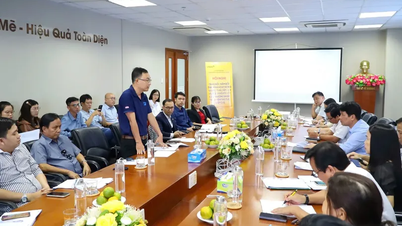





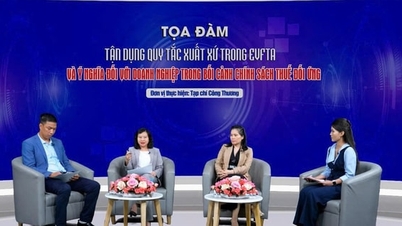

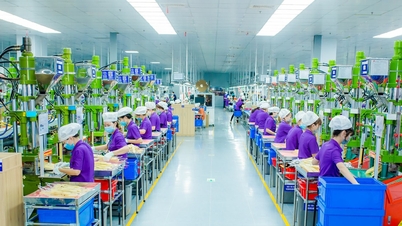



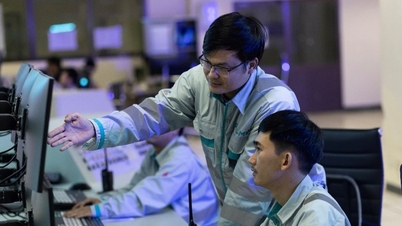


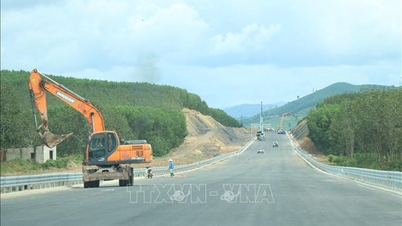

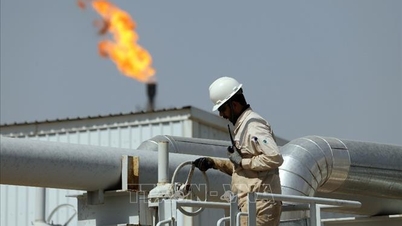
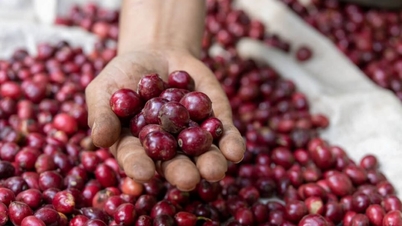





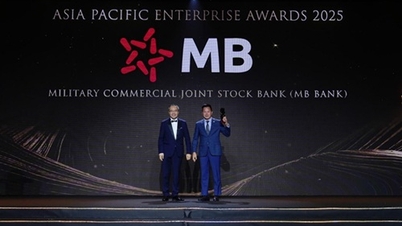

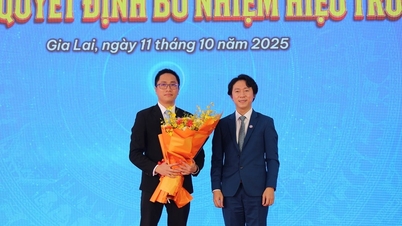










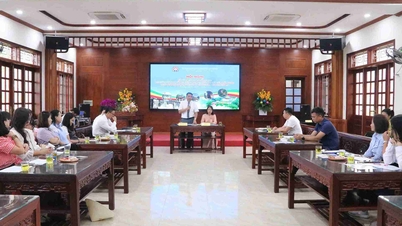














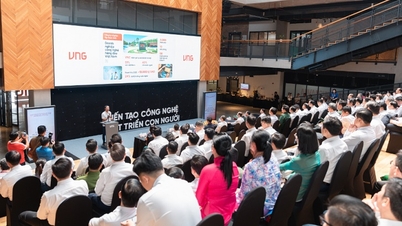
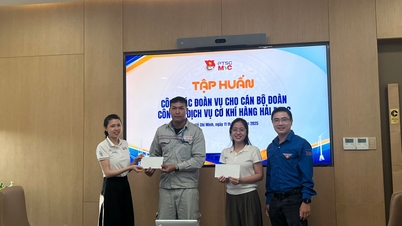


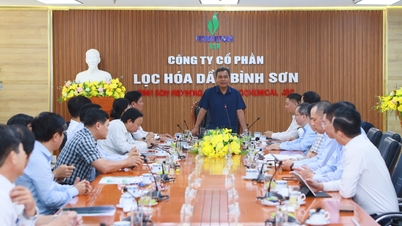







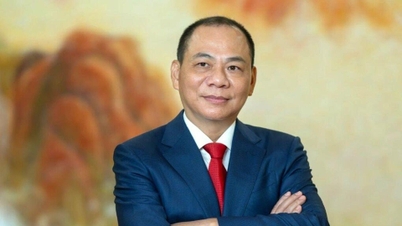




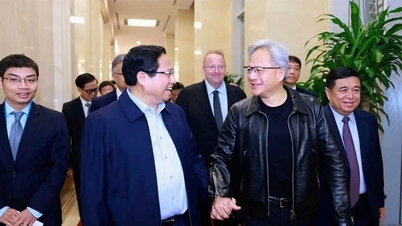

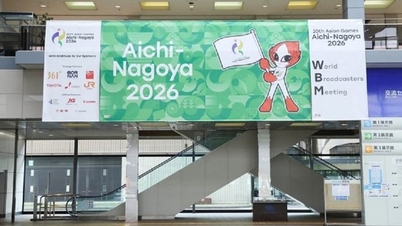




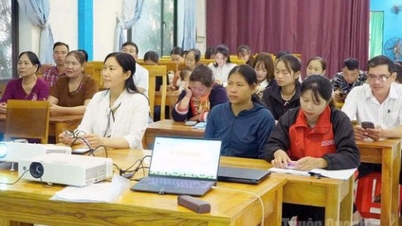

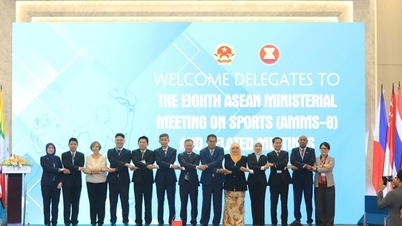
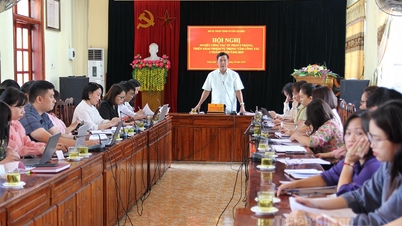

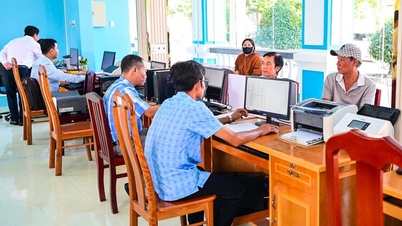

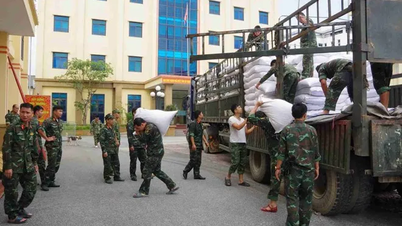

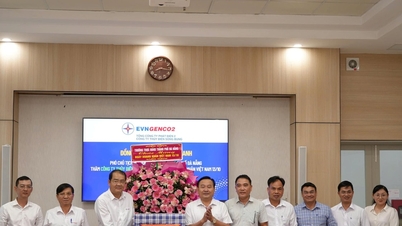

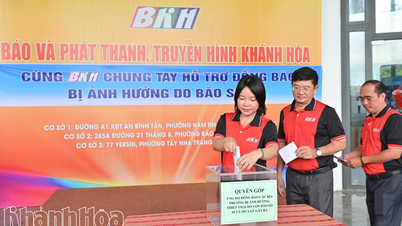















Comment (0)